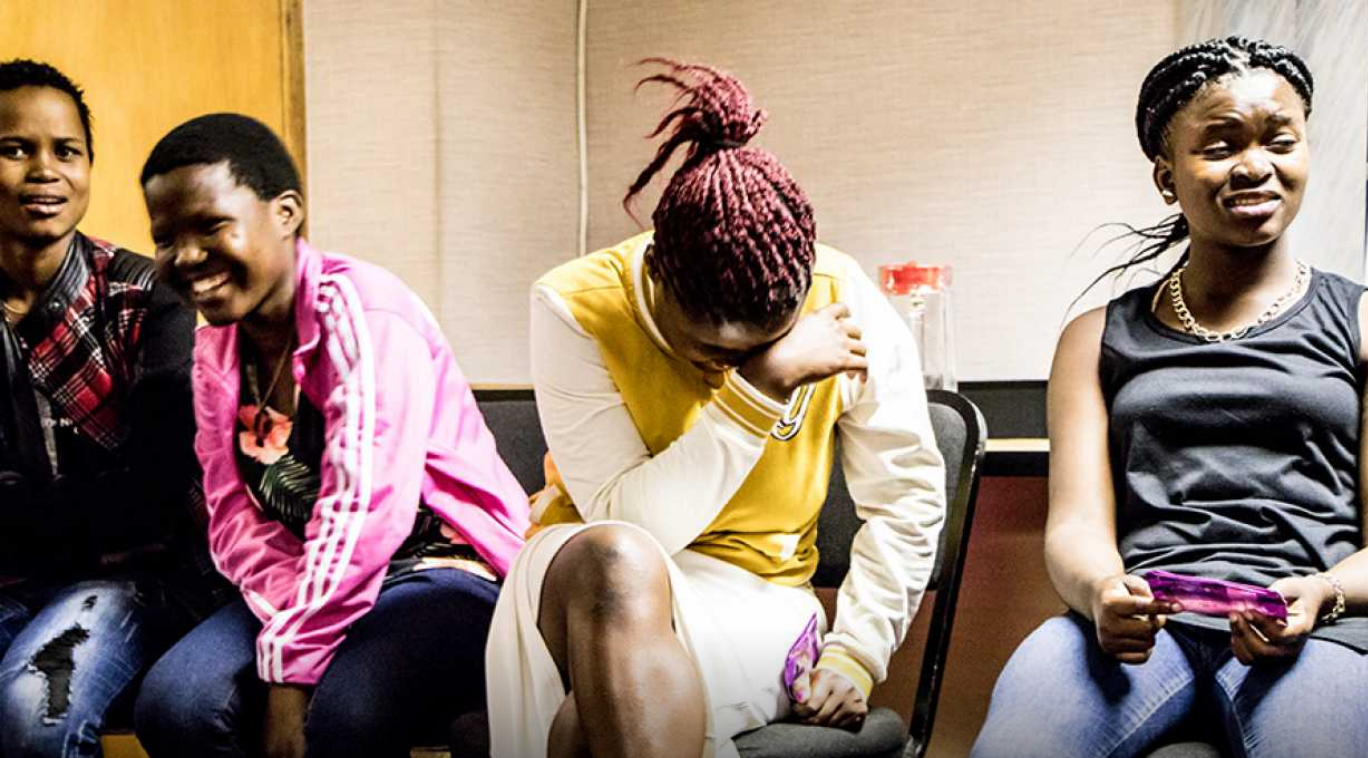
| Name: | Summative evaluation for ‘Increasing utilization of comprehensive youth friendly Sexual and Reproductive Health services at district level in Zimbabwe June2006 – December 2009 and Formative evaluation for ‘Engendering HIV Prevention’: Reducing the vulnerability of women and girls to HIV infection in Zimbabwe’ |
| Year: | 2010 |
| Client: | UNICEF |
| Country: | Zimbabwe |
| Background: | Since 1992, the Ministry of Education, Sport and Culture has been implementing in-service training on life skills based HIV/AIDS education. The in-school life skills component is implemented within the context of the Ministry of Education HIV/AIDS life skills policy. As part of a Basic Education review process, this policy is currently being reviewed. The MOESC and UNICEF with support from EC have been collaborating in the training of trainers of teachers in gender sensitive teaching of HIV and AIDS and life skills including peer education, counseling and participatory methodologies. The training aimed at improving barriers between teacher and their students. The trained teachers, it is hoped, will provide participatory methodologies for HIV/AIDS. Peer educators from in and out of school youth clubs, associations, forums and councils were identified and trained on HIV/AIDS. Peer education skills and life skills as well as how to facilitate rights based triple A (Assessment, analysis and action planning) at school level and in communities. The students acquire skills on negotiation, refusal, problem solving, critical thinking, decision making, assertiveness, empathy, communication, self esteem and confidence, conflict resolution and peer pressure resistance.Life skills building pedagogy relies on the capacity and motivation of teachers which requires that the teachers not only are capacitated and encouraged to use participatory approaches in their work, but that they are also protected and cared for within the system. |
| Objectives: | Investigate the quality of life skills based HIV/AIDS education and the extent to which thetrained teachers at both primary and secondary level are delivering life skills based HIV/AIDS education. Hence, the main objective of the evaluation is to provide strategic information and data on HIV/AIDS life skills based education so as to have reliable, accurate and comprehensive data on the achievements and the impact (where possible) of UNICEF supported intervention.Test the logic chains of the interventions.Reflect the status of the programme in terms of its relevance, efficiency, effectiveness, sustainability and impactHighlight constraints and generate relevant recommendations for scaling up and improvement of implementation in future. It will also serve as a basis for further programme design. Findings will be used by the life skills education partners and major implementers at provincial and district levels. The major outcomes will also be shared with the implementers for them to take into account successful strategies and further work on weak points in their work with children.It will also provide information for leveraging funds and reporting to donors |
| Activities: | Activities included:Field visits to selected schools, provincial and district officesFocus group discussions with HIV/AIDS life skills education teachers, head teachers, SDC, and pupilsAdministering structured and unstructured questionnaires to Provincial Education Directors, deputies, District Education Officers, HIV/AIDS Coordinators and some teachersObservation of material usageObservation of HIV/AIDS lessons (one per school at different levels)Quantitative and qualitative data analysis |
| Special Recognition: | |
| Publications: |


